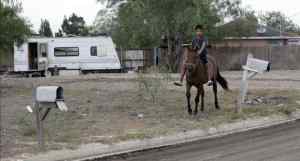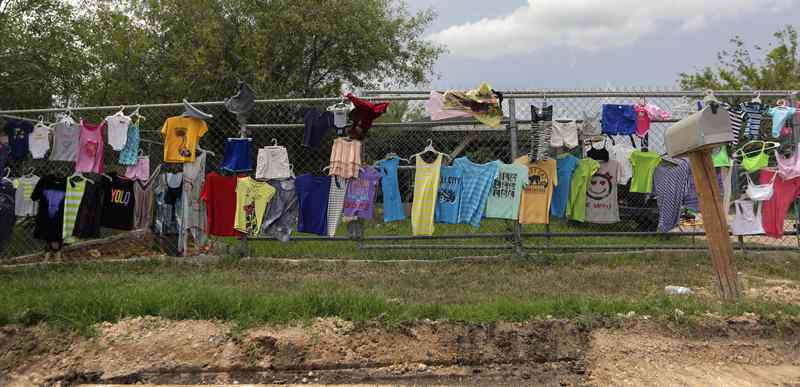Along Texas’s souther border, towns made up of cinderblock houses and cobbled-together shacks, known as colonias, stand as temporary living sites for immigrant families often without another option for shelter.
Videos by Rare

A policy powder keg, some Texas Legislators are proudly working to improve existing colonias, while others wish to see an end to the makeshift establishments.
Despite the ongoing disagreements, according to the Los Angeles Daily News, state officials on both sides are starting to wonder if their efforts are futile, especially after several programs providing key financial support to colonias were recently cut, including money designated for universities to provide health checkups and immunizations to residents.
RELATED: This American Citizen’s Ordeal Shows How Immigration Bureaucracy Ruins Lives
Furthermore, funding for a program providing water and sewer service was not renewed, and, this summer, Governor Abbott also closed the organizing aid work office, which served the colonias since 1999.
People involved with surviving aid programs are additionally worried misperceived public perception is causing people to incorrectly believe their beneficiary communities no longer need help, perhaps due to a lack of engagement:
“…(I)t all feels like the colonias are no longer a problem. That’s not true,” Nick Mitchell-Bennett, executive director of the Community Development Corporation of Brownsville, said in an interview with the Los Angels Daily News.
As head of the agency helping colonia residents get into better housing, he clarified the reality of the situation:
“We’re approaching going back to the ‘70s and ‘80s,” he said, referencing when conditions were at their worst.
RELATED: Thanks to Changing Federal Immigration Policies, This Texas Industry Could be in Big Trouble



